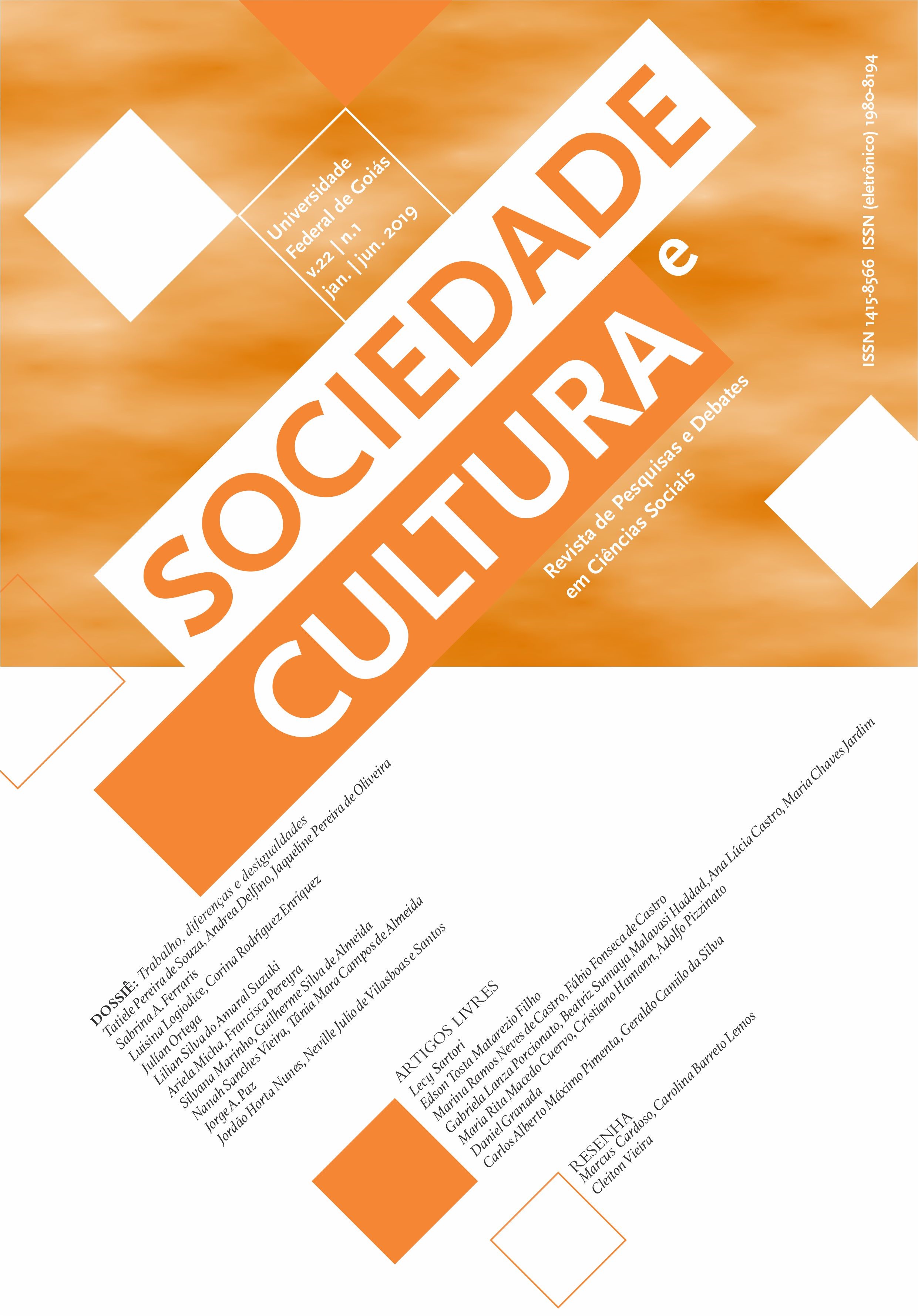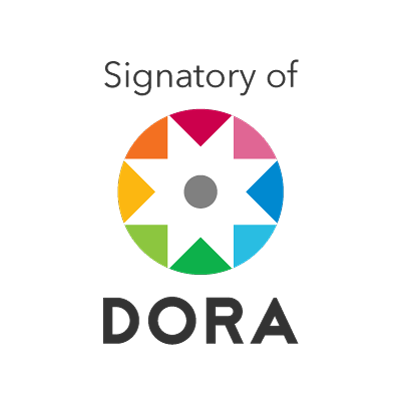Trabajo contemporaneo y personas trans: consideraciones sobre la inferiorización social de los cuerpos trans como necesidad estructural del capitalismo
DOI:
https://doi.org/10.5216/sec.v22i1.57888Resumen
Se trata de una reflexión teórica articulada a una investigación empírica sobre el trabajo contemporáneo y personas trans en el contexto de la mundialización del capital, cuya dirección analítica arroja luz a la inferiorización social de los cuerpos trans como necesidad estructural del capitalismo contemporáneo. A partir de una perspectiva feminista y crítica-dialéctica, el artículo busca examinar cómo las personas trans se inscriben en la nueva morfología del trabajo, en su cara brasileña, comprendiendo la mediación del patriarcado en la relación entre la discriminación (transfobica) y las trayectorias de trabajo de personas trans.
Descargas
Los datos de descargas todavía no están disponibles.
Descargas
Publicado
2019-05-23
Cómo citar
MARINHO, Silvana; SILVA DE ALMEIDA, Guilherme. Trabajo contemporaneo y personas trans: consideraciones sobre la inferiorización social de los cuerpos trans como necesidad estructural del capitalismo. Sociedade e Cultura, Goiânia, v. 22, n. 1, 2019. DOI: 10.5216/sec.v22i1.57888. Disponível em: https://revistas.ufg.br/fcs/article/view/57888. Acesso em: 14 feb. 2026.
Número
Sección
Dossiê
Licencia
Autores/as que publican en esta revista están de acuerdo con los siguientes términos:
- Autores/as mantienen los derechos autorales y ceden a la revista el derecho de primera publicación, siendo el trabajo simultáneamente licenciado por la Creative Commons Attribution License, lo que permite el compartir del trabajo con reconocimiento de autoría y de la publicación inicial en esta revista;
- Autores/as tienen autorización para asumir contratos adicionales separadamente, para distribución no exclusiva de la versión del trabajo publicada en esta revista (ejemplo: publicar en repositorio institucional o como capítulo de libro), con reconocimiento de autoría y de la publicación inicial en esta revista;
- Autores/as tienen permiso y son estimulados/as a publicar y a distribuir su trabajo en la web (ejemplo: en repositorios institucionales o en su página personal) a cualquier punto antes o durante el proceso editorial, ya que eso puede tener alteraciones productivas, así como aumentar el impacto y la cita del trabajo publicado (véase O Efeito do Acesso Livre).



